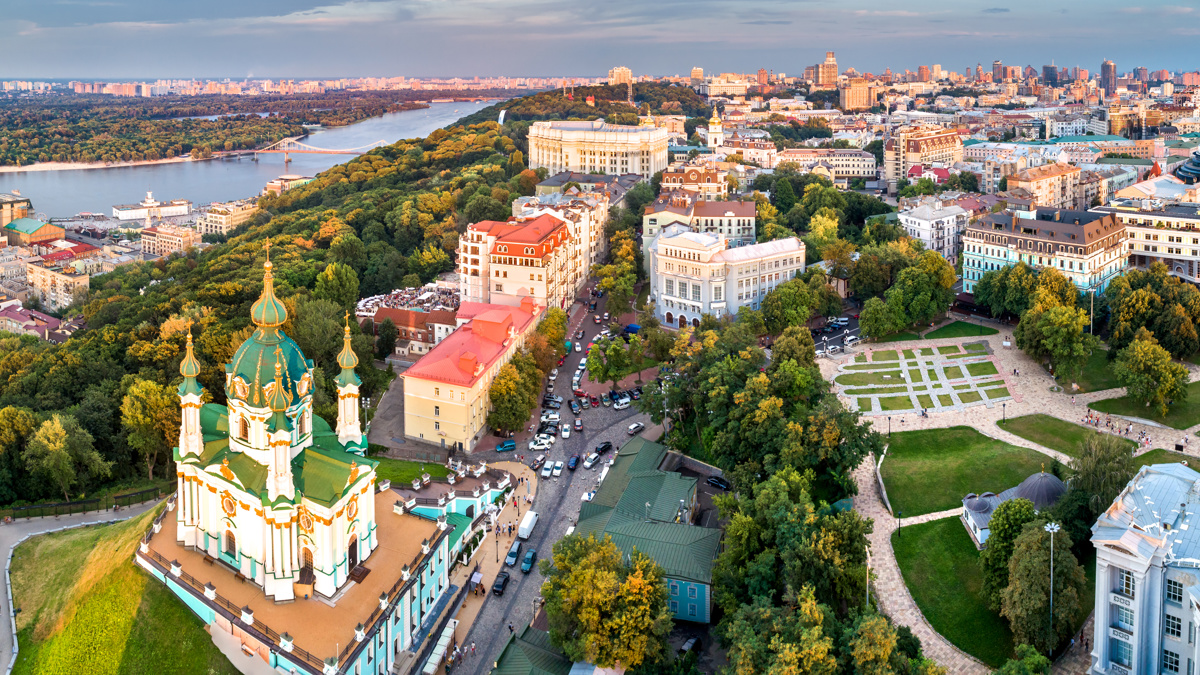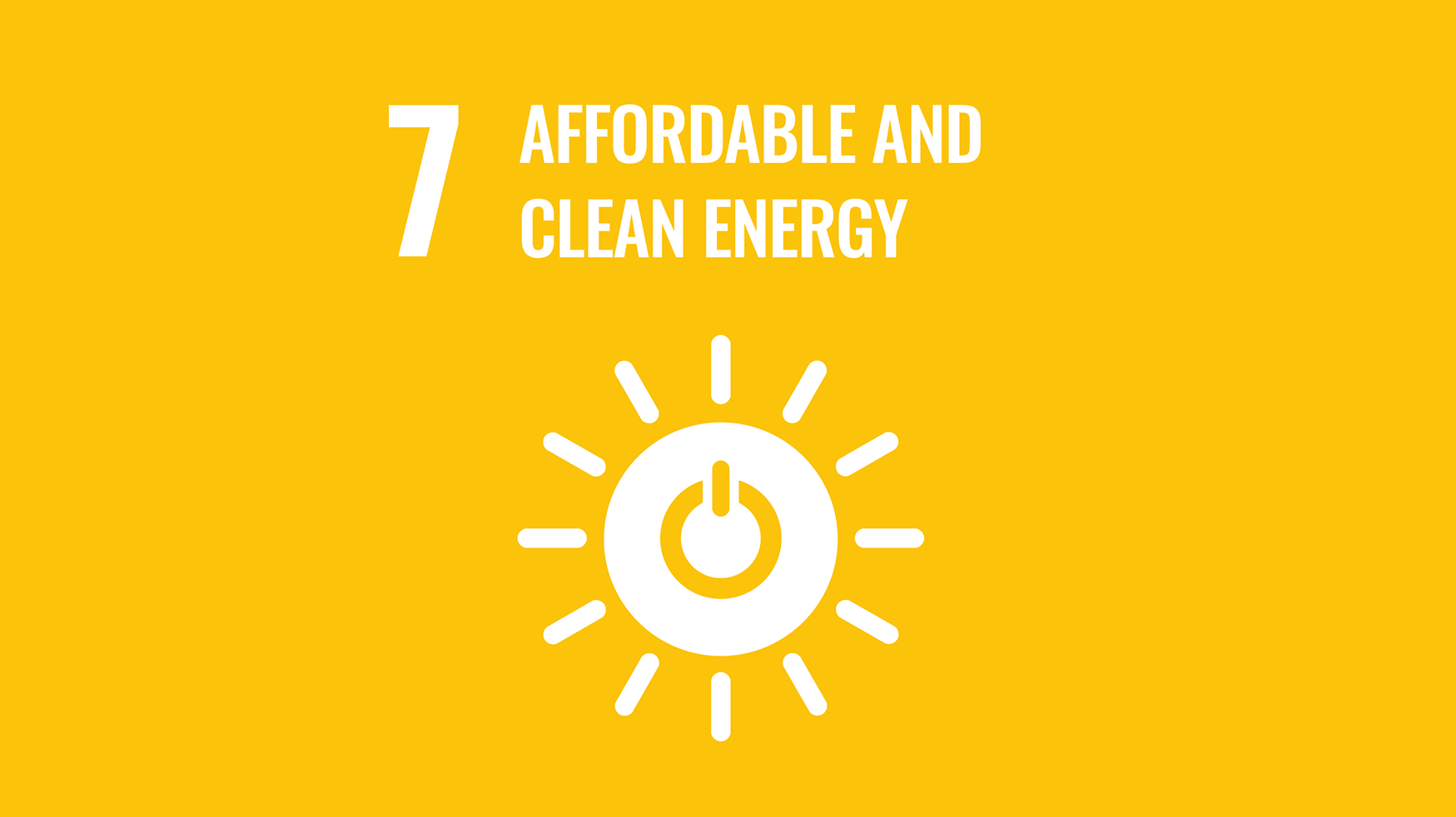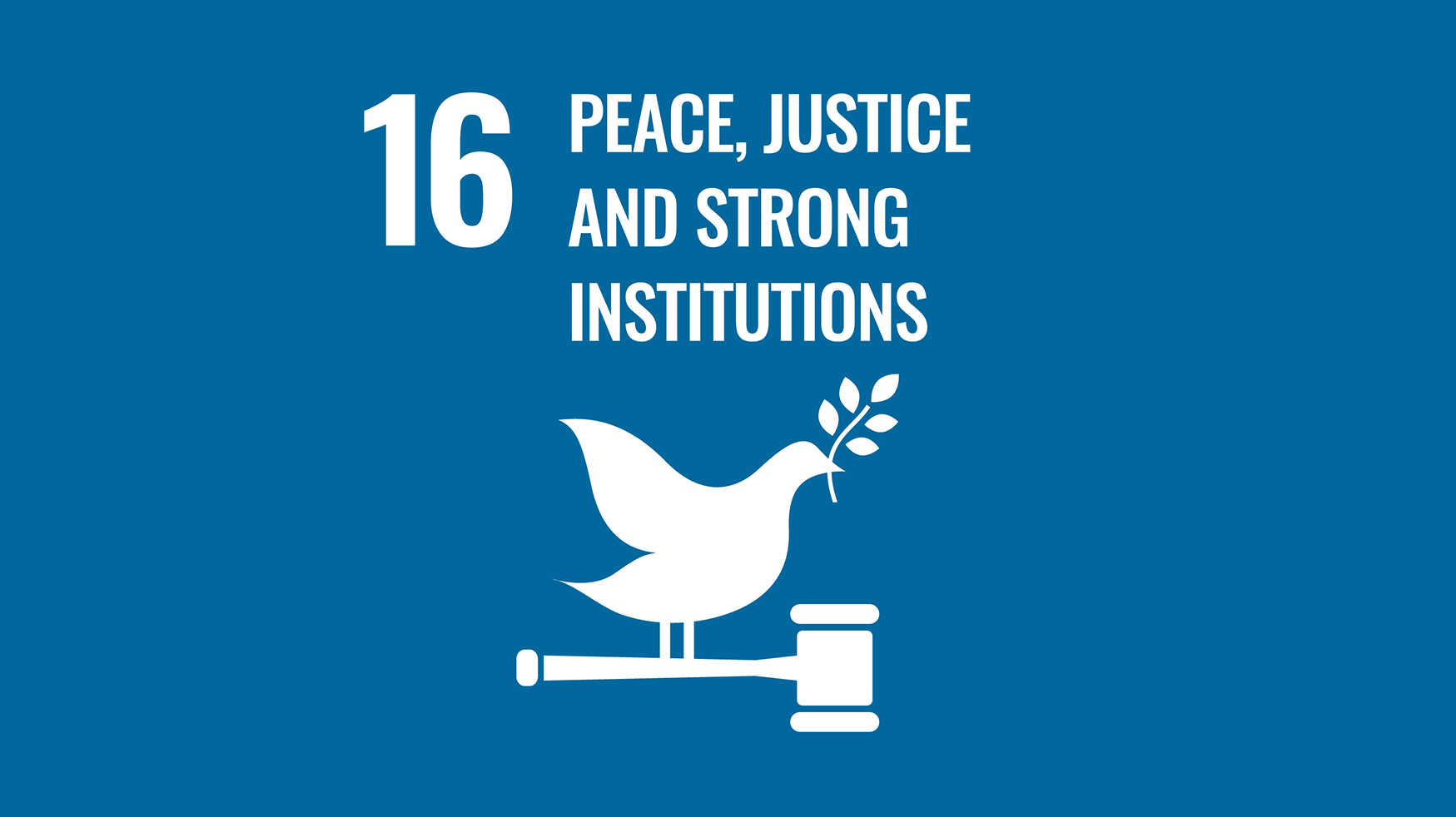
The European Investment Bank (EIB) and Ukraine have signed the Ukraine Public Buildings Energy Efficiency (UPBEE) Finance Contract, amounting to EUR 300 million. The UPBEE Framework Loan aims to repair critical economic and social infrastructure essential for economic growth in the most affected regions, while also supporting other impacted areas across the country.
High energy consumption remains a significant financial burden for local authorities in Ukraine, representing the second-largest expenditure in municipal budgets. To address this challenge, the EIB, in cooperation with Ukraine’s Ministry for Communities and Territories Development (MCTD), launched a project to carry out comprehensive energy efficiency renovations in central government and municipal buildings.
This initiative builds on a previous phase of work delivered by NTU under the Energy Lot of the Framework Agreement supporting EIB advisory services both within and outside the EU. During this earlier phase, NTU provided Technical Assistance (TA) for Ukraine’s public buildings energy efficiency efforts, helping to develop an optimal financing and lending structure, as well as a robust strategy for scaling the implementation across other municipalities.
The overall objective of the current TA operation is to support the effective implementation of the UPBEE Framework Loan. This includes ensuring high-quality execution, adherence to the EIB’s environmental and social standards, procurement guidelines, and anti-corruption measures. Additionally, the operation seeks to strengthen the capacity of the project promoter and final beneficiaries to plan, manage, monitor, and draw lessons from the sub-projects financed under the loan. This project has a duration of 4 years and a budget of EUR 5 million.
Implementation
NTU Consortium supports the MCTD, the Programme Management Support Unit (PMSU), and other stakeholders in managing the UPBEE Framework Loan. We establish and maintain the procedural and strategic framework of the programme, develop and update key documents, such as the Programme Operation Manual and grant/loan agreement templates, and provide capacity building to national and local authorities. Our work includes developing eligibility criteria, assisting with sub-project selection, and coordinating with all relevant stakeholders to ensure effective programme governance and alignment with EIB standards.
The Team manages the whole sub-project cycle, from preparation and procurement to implementation and monitoring. This includes supporting municipalities with awareness-raising, proposal development, and compliance with financial and technical eligibility criteria. We assist with procurement planning and supervision of construction works, ensure adherence to EIB and Ukrainian procurement regulations, and provide oversight throughout implementation. In addition, NTU Consortium monitors performance, facilitates reporting, and advises on technical, contractual, and compliance issues to maintain quality and prevent malpractice.
In addition, NTU will develop and manage the Programme Management Platform and website to streamline processes, enhance transparency, and reduce administrative burden. We provide technical design and audit services through local subcontractors, ensuring strong support for sub-project preparation and approval. Our team also supports the Ministry of Finance in processing loan disbursements and contractor payments, while ensuring financial compliance. Finally, we oversee quality and compliance monitoring, conduct risk assessments, and implement mechanisms to prevent corruption and address grievances, ensuring the programme delivers sustainable energy efficiency improvements in public buildings across Ukraine.
Impact
The expected indicators are:
- Reduced energy intensity of at least 200 public buildings with energy-saving above 49%, savings of more than 55GWh.
- Reduced municipal expenditures through reduction of energy bills and maintenance bills (at least €3.5m per year).
- Reduced CO2 and other GHG emissions of at least 17,000 tCO2/year.
- Improved quality of public services and the image of public buildings with the renovation of at least 200 public buildings like kindergartens, schools, health, and administrative buildings.

SDGs
The initiative has been contributing to the following Sustainable Development Goals (SDGs):





